Η συγκριτική των οικονομικών συστημάτων επικεντρώνεται στην συγκριτική μελέτη της διαμόρφωσης και της εξέλιξης των επιμέρους οικονομίων και των κοινωνιών που τις περιβάλλουν, δημιουργώντας το παγκόσμιο σύστημα από την αρχαιότητα έως σήμερα. Επισημαίνει πως το κοινωνικό πλαίσιο, το πολιτισμικό υπόβαθρο, η τεχνολογική δυναμική και η πολιτική των κυβερνήσεων σε όλες χώρες ανά τον κόσμο, καθώς και τα επιμέρους οικονομικά γεγονότα επηρεάζουν την αποτελεσματικότητα κάθε κοινωνικοοικονομικού συστήματος. Το μάθημα έχει ως απώτερο σκοπό να δώσει στους φοιτητές την ευκαιρία να κατανοούν τις επιδόσεις των κοινωνικοοικονομικών συστημάτων σε όλο τον πλανήτη, καθώς και τα αίτια των επιμέρους τοπικών, εθνικών αλλά και παγκόσμιων κρίσεων.
Μέσα από την παρακολούθηση και μελέτη του μαθήματος, οι σπουδαστές θα είναι σε θέση:
· Να γνωρίζουν τις βασικές οικονομικές, πολιτικές και κοινωνικές έννοιες που απαιτούνται για την κατανόηση της δομής και της δυναμικής του σύγχρονου παγκόσμιου κοινωνικοοικονομικού συστήματος.
· Να αντιλαμβάνονται τις λειτουργίες και την συγκριτική αποδοτικότητα των επιμέρους κοινωνικοοικονομικών συστημάτων.
· Να αντιλαμβάνονται πως οι κυβερνητικές πολιτικές μπορούν να επηρεάσουν την οικονομική απόδοση στις διάφορες χώρες καθώς και το πως τα σημαντικότερα οικονομικά γεγονότα διαμορφώνουν την ιστορική εξέλιξη στις διαφορετικές οικονομίες του κόσμου αλλά και στο παγκόσμιο σύστημα ως σύνολο.
· Να συλλέγουν, να αναλύουν, να συγκρίνουν και να παρουσιάζουν στοιχεία σχετικά με τις οικονομικές επιδόσεις των μεγαλύτερων αλλά και των μικρότερων οικονομιών του κόσμου.
· Να αντιλαμβάνονται και να ερμηνεύουν τα αίτια των σημαντικότερων γεγονότων, συμπεριλαμβανομένων και των οικονομικών κρίσεων.
Γενικές Ικανότητες
· Ικανότητα κατανόησης των βασικών οικονομικών εννοιών αντίληψης των οικονομικών συστημάτων παγκοσμίως.
· Ικανότητα αντίληψης των γεγονότων και των πολιτικών που ασκούν επιρροή στις οικονομίες και τις κοινωνίες των επιμέρους χωρών.
· Ικανότητα εξαγωγής συμπερασμάτων για την απόδοση των επιμέρους οικονομιών στα πλαίσια της σύγχρονης διεθνούς οικονομίας.
· Ικανότητα αντίληψης των λόγων που οδηγούν στις κοινωνικοοικονομικές κρίσεις.
· Ικανότητα σφαιρικής αντίληψης του κοινωνικοοικονομικού συστήματος.
· Ικανότητα ανάπτυξης της κριτικής σκέψης περί των οικονομικών ζητημάτων.
Καθηγητές
Επιλέξτε για να δείτε περισσότερες πληροφορίες για κάθε καθηγητή.
| Όνομα | Τίτλος | |
|---|---|---|
| Βλάδος Χαράλαμπος | Αναπληρωτής Καθηγητής | cvlados@econ.duth.gr |


